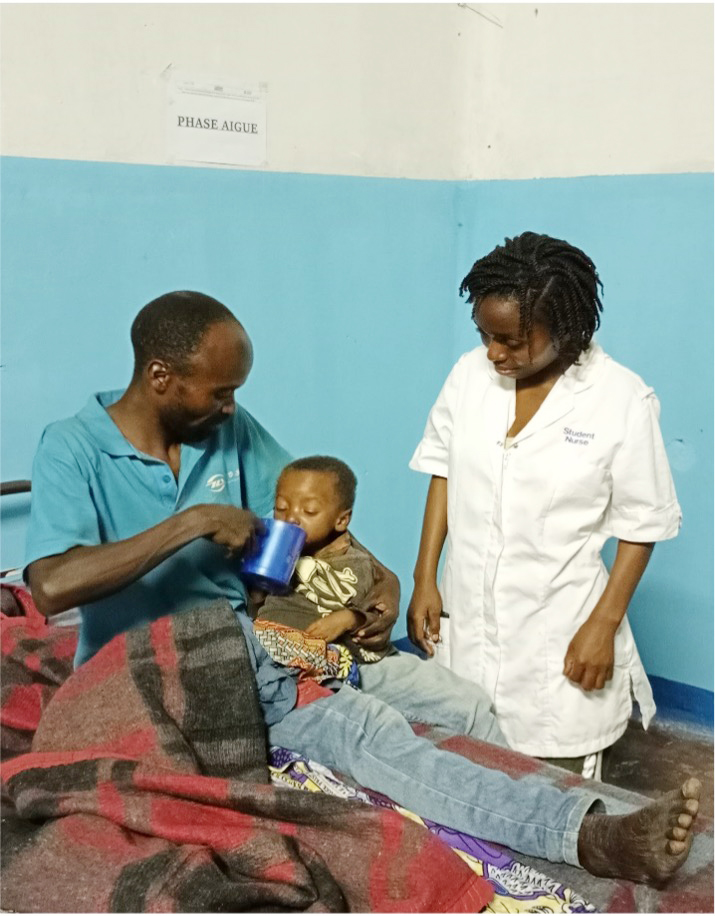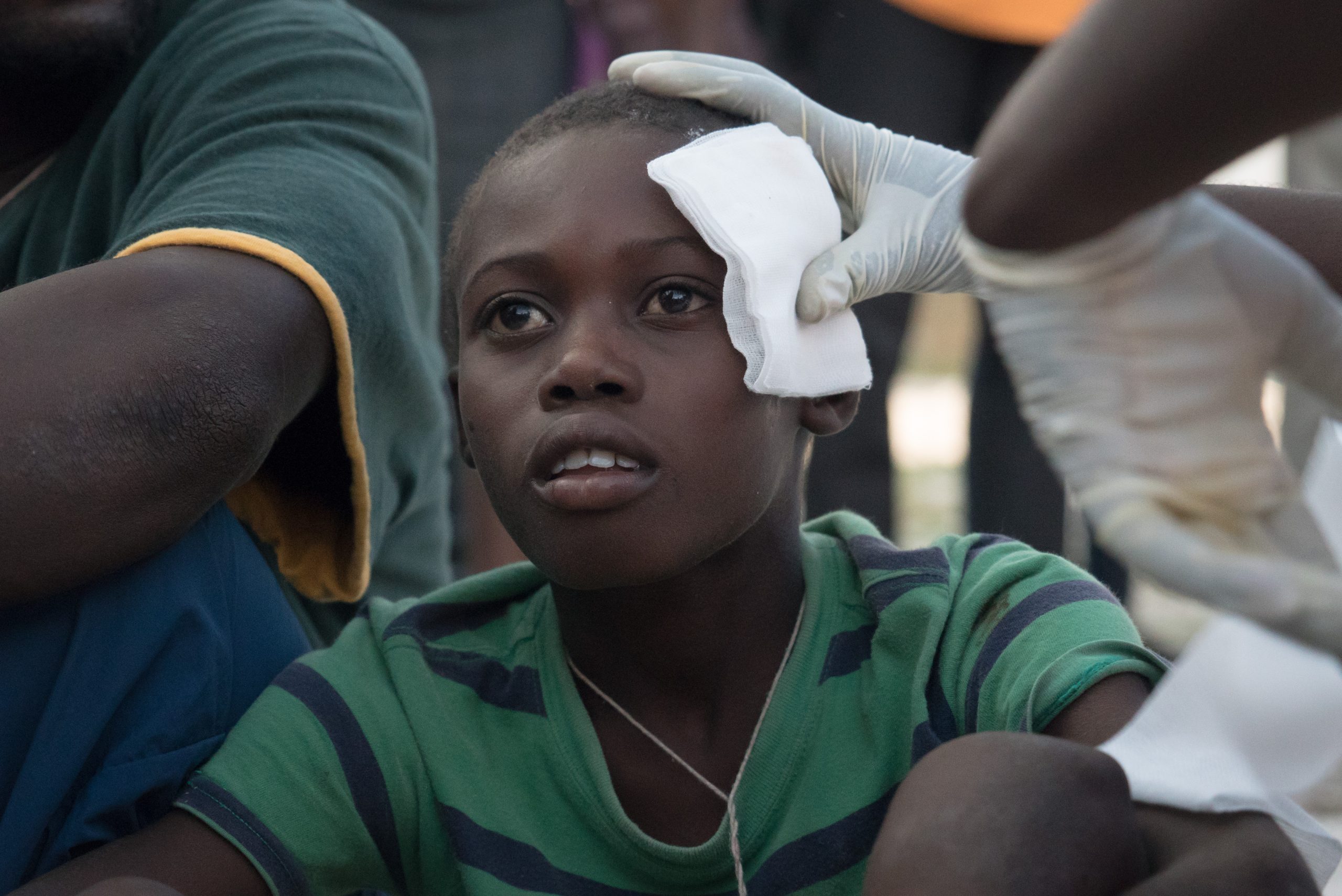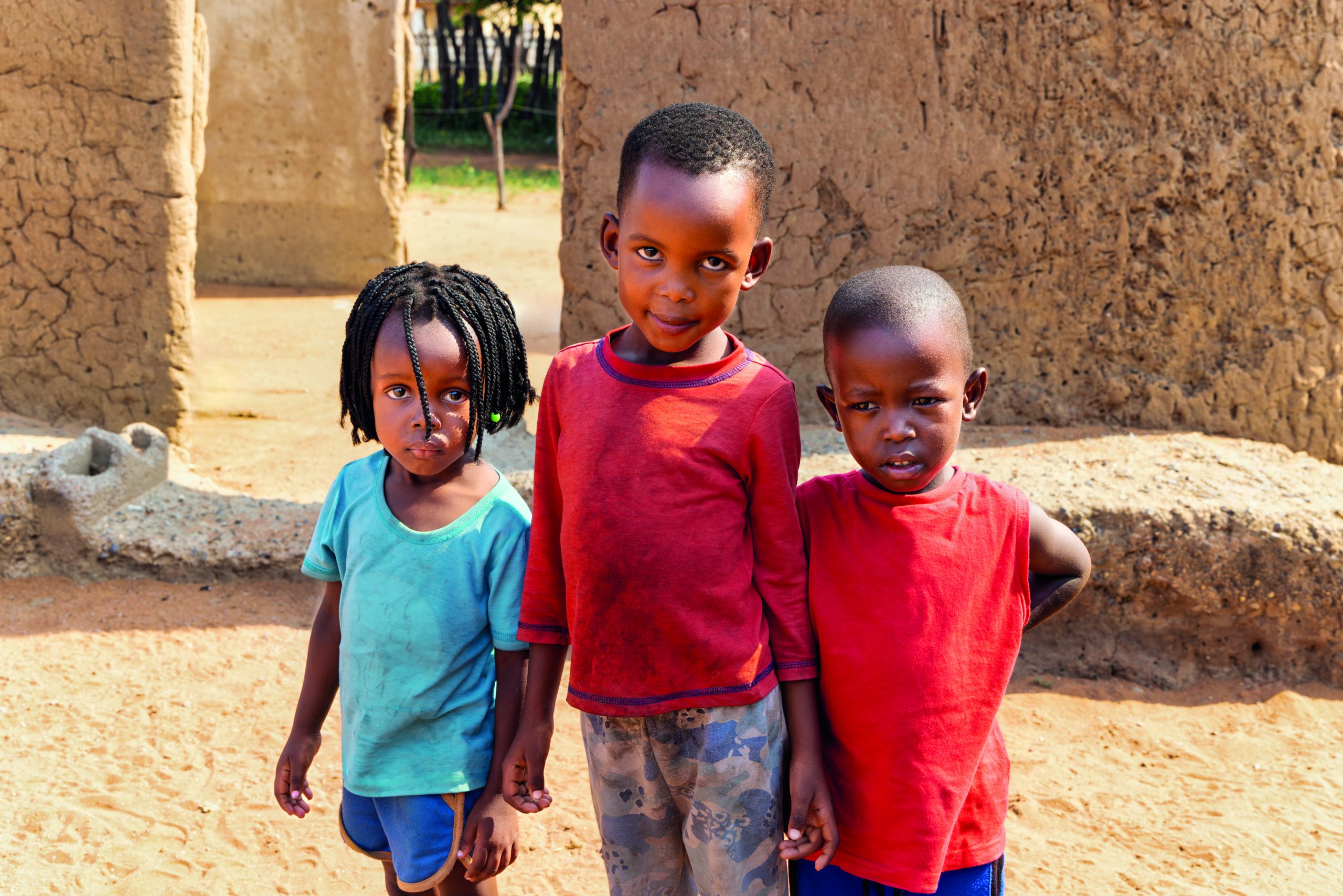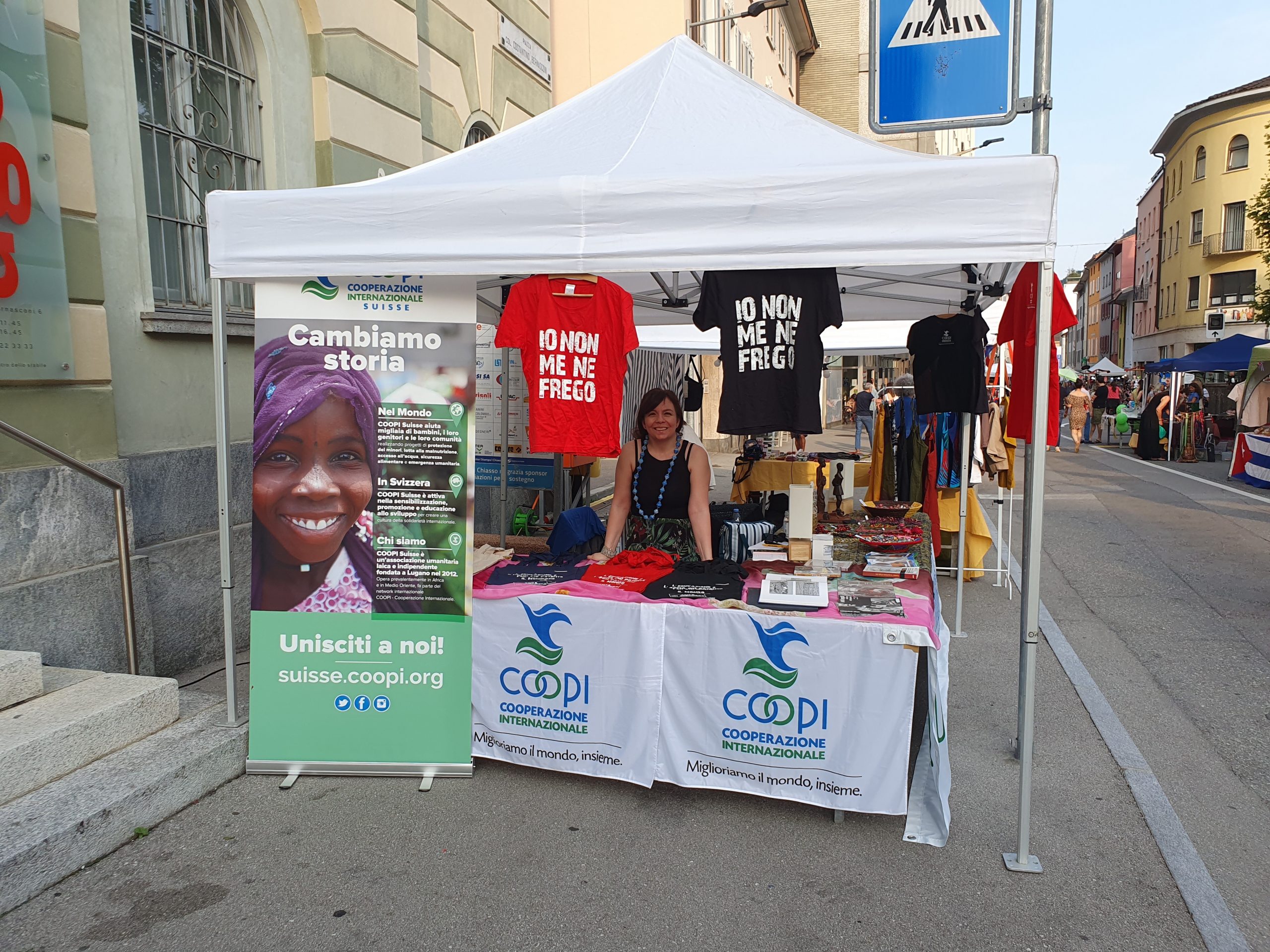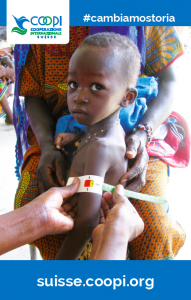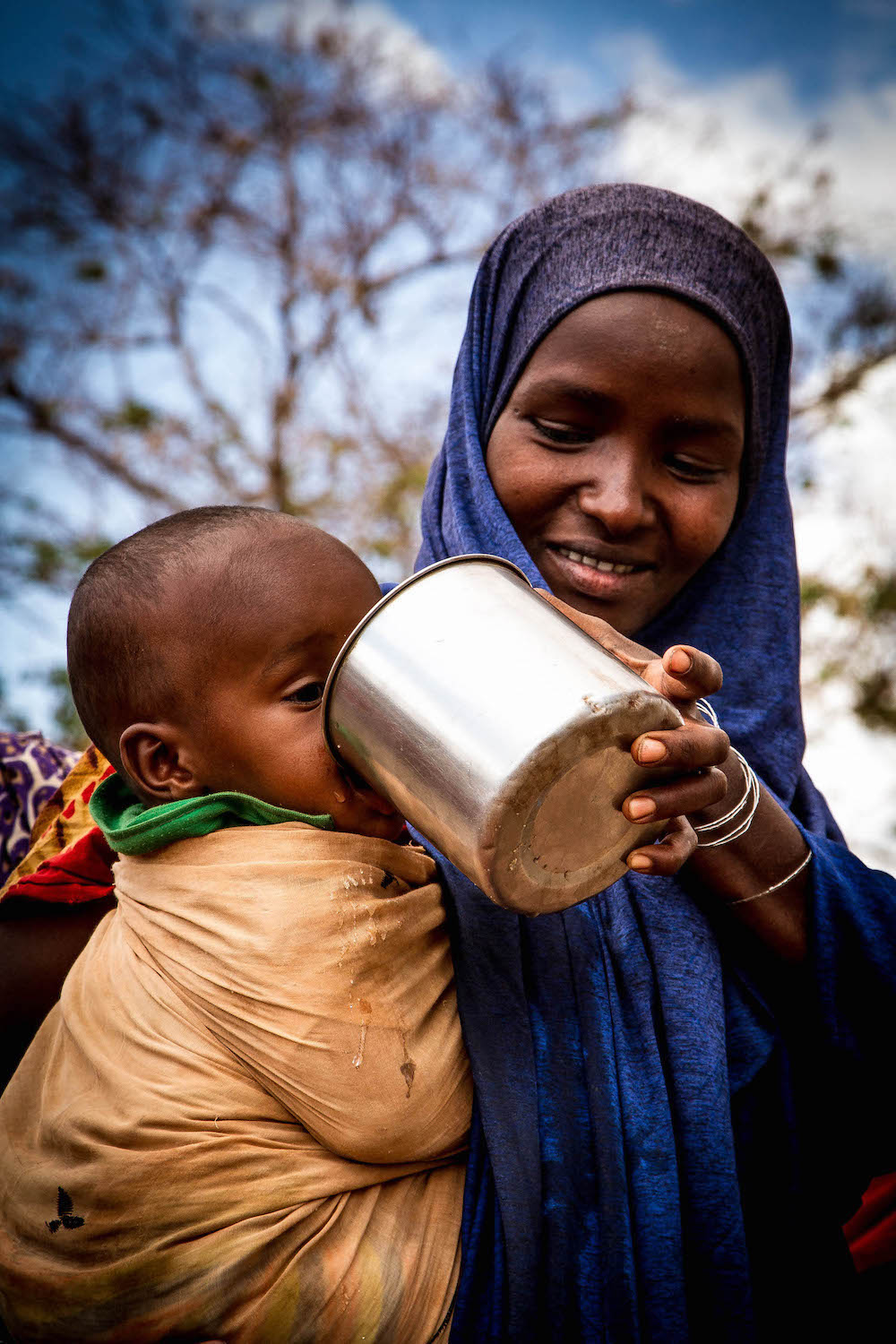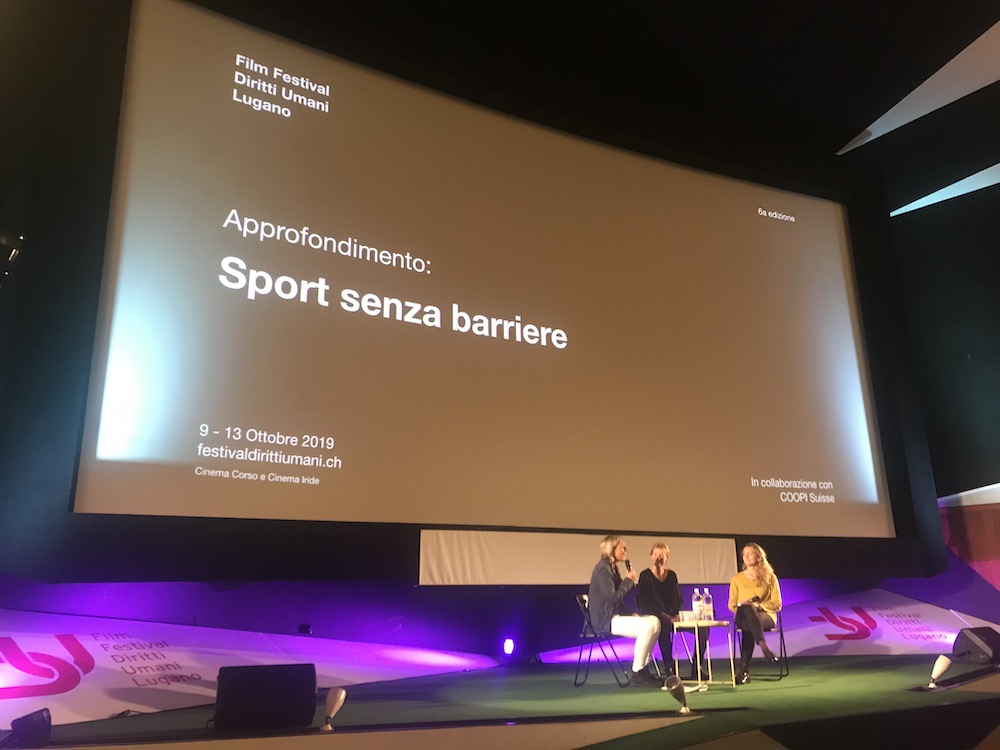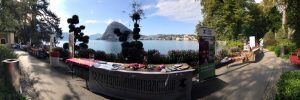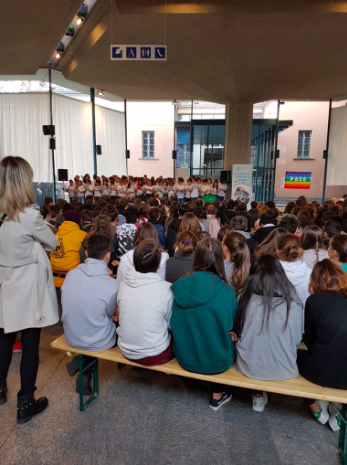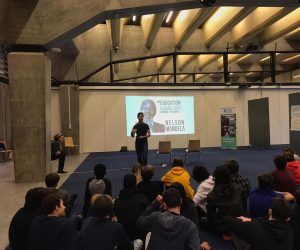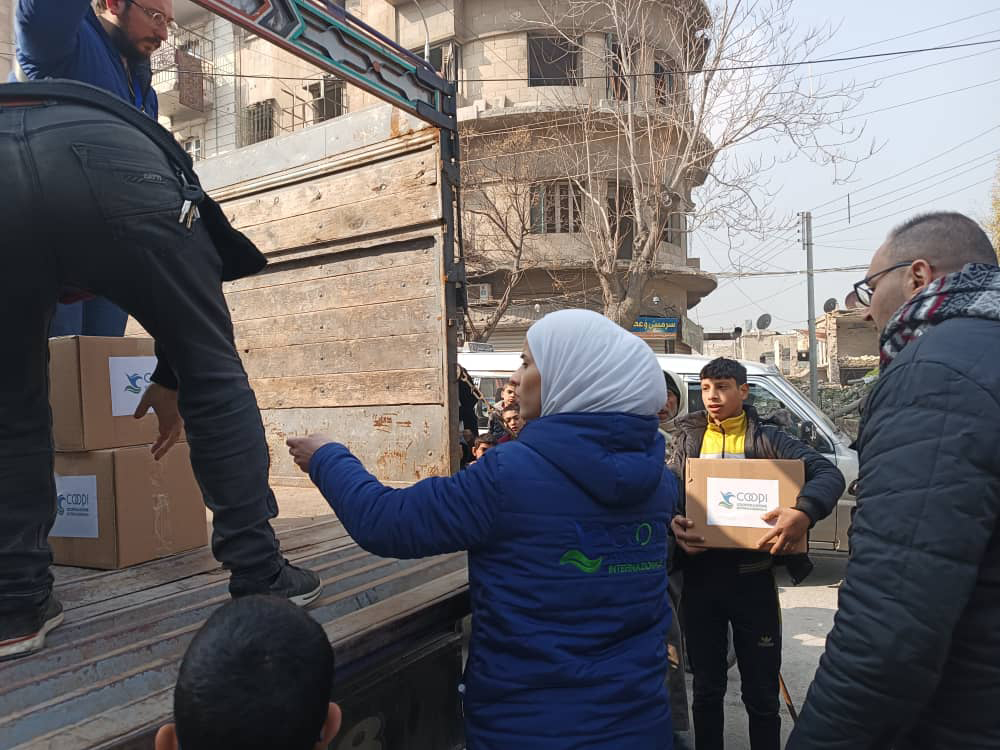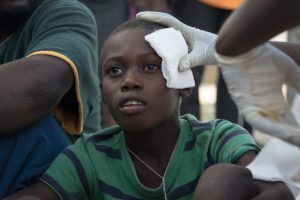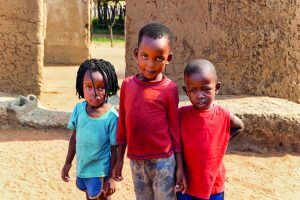The Central African Republic continues to be subjected to the weakness of its economic and social context, to accessibility problems and to its fragile situation. For many years these factors have contributed to prevent the proper functioning of public infrastructures and services and access to other basic services, making people, and especially children, increasingly vulnerable.
During the crisis of the last 3 years, all the existing services have been destroyed and the remaining ones are characterized by a total dysfunction. The level of schooling and education in the Central African Republic, already low at a structural level, has further deteriorated due to the political and military unrest that has affected the country in recent years. Since the start of the school year, September / October 2015, to mid-February 2015, schools stayed open on average for only four weeks. The situation of violence and insecurity, therefore, have heavy consequences on learning and the rate of school attendance.
The key to the positive development of a country lies in the education of young people and children and, for this reason, wherever necessary, support in this area becomes essential to make development sustainable in the long run. Primary education is crucial for the future of the African society at all levels: access for young people to quality education is a fundamental element for building a country in terms of civic and political, as well as economic and social consciousness. The current crisis in the Central African Republic is also related to the progressive degradation of the national education system: young people, not having had quality educational opportunities, have not developed sufficient skills, analytical and critical abilities to face the spreading conflict, like this becoming vulnerable to political and cultural manipulation.
In 2016, thanks to the contributions of our supporters, we were able to change the situation for some of these young people. In the Ngoundaye prefecture, in the Central African Republic, we have reconstructed a primary school which is now attended by 668 children between 6 and 11 years old. Let’s not forget, in the current emergency context, interventions in favour of the school system, such as the construction of this school, also responds to the needs of children in terms of physical protection and psychosocial support, especially in a situation of armed conflict such as this, where children are the most vulnerable group and often subject to violence and recruitment by armed groups. As a result, education helps to reduce the psycho-social impact of conflicts, giving a sense of normality, stability, structure and hope for the future: but above all, it also becomes a way of physically protecting children from violence and exploitation. Thanks to our supporters, people who believe in this mission, just like us, we were able to make some lives a little more bearable.


